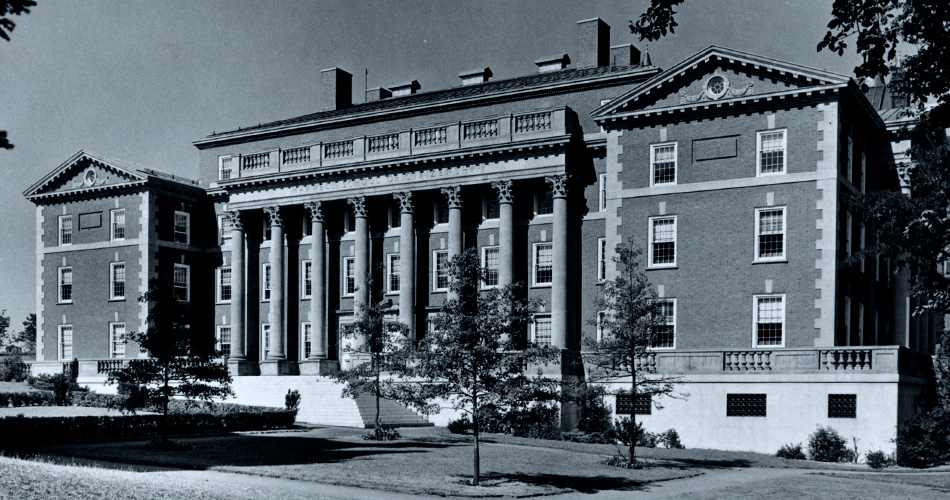Gendered Pathways to Political Legitimacy: Men Versus Women Leaders in Charismatic Movements
Eggers Hall, 341
Add to: Outlook, ICal, Google Calendar
The Study of Global Politics series within the Moynihan Institute presents a talk with Caitlin Andrews-Lee, assistant professor at Toronto Metropolitan University.
How do women leaders establish political legitimacy? Scholarship has documented how they do so in programmatic contexts, yet we know little about whether and how they do so when voters demand a charismatic “strongman.” Andrews-Lee claims that women can establish charismatic legitimacy but do so differently from men. Whereas men signal their charisma by portraying themselves as independent heroes, women are more likely to do so by showcasing their intimate bond to a charismatic man and embracing a complementary feminine role.
A cross-national analysis of 58 women executives illustrates the close correspondence between gender, family ties and charismatic legitimacy. Subsequently, a comparative analysis drawing on interviews and focus groups shows how men and women leaders from a single political movement—Argentine Peronism—established charismatic legitimacy through distinct gendered pathways. The results underscore the hypermasculine structure of charismatic leadership and reveal an important pathway through which women can achieve it.
Caitlin Andrews-Lee is an assistant professor in the Department of Politics and Public Administration at Toronto Metropolitan University. Starting in the Fall of 2024, she will be an assistant professor at the University of North Carolina at Chapel Hill.
Andrews-Lee’s research and teaching focus on comparative politics and research methods with a regional focus on Latin America. She is especially interested in how leaders cultivate charismatic attachments with voters to garner support, consolidate power and undermine democratic accountability.
She has published an award-winning book with Cambridge University Press on this topic, “The Emergence and Revival of Charismatic Movements: Argentine Peronism and Venezuelan Chavismo,” as well as peer-reviewed articles in several academic journals. Her current research examines the gendered structure of charismatic authority and investigates under what conditions women can defy expectations and establish charismatic legitimacy as executive leaders.
Category
Social Science and Public Policy
Type
Talks
Region
Campus
Open to
Public
Organizer
MAX-Moynihan Institute of Global Affairs
Accessibility
Contact George Tsaoussis Carter to request accommodations

We’re Turning 100!
To mark our centennial in the fall of 2024, the Maxwell School will hold special events and engagement opportunities to celebrate the many ways—across disciplines and borders—our community ever strives to, as the Oath says, “transmit this city not only not less, but greater, better and more beautiful than it was transmitted to us.”
Throughout the year leading up to the centennial, engagement opportunities will be held for our diverse, highly accomplished community that now boasts more than 38,500 alumni across the globe.